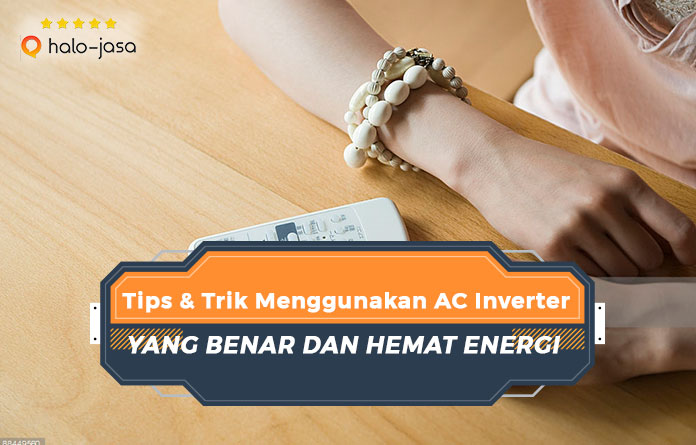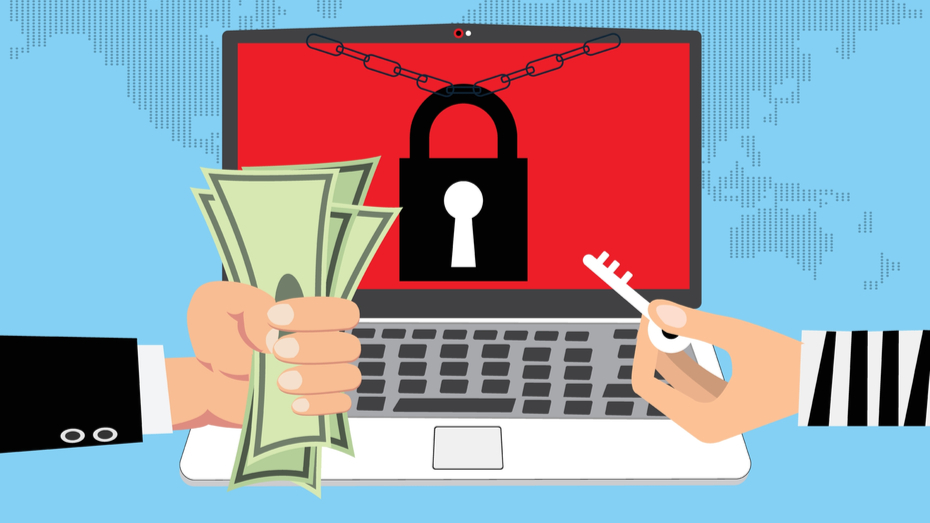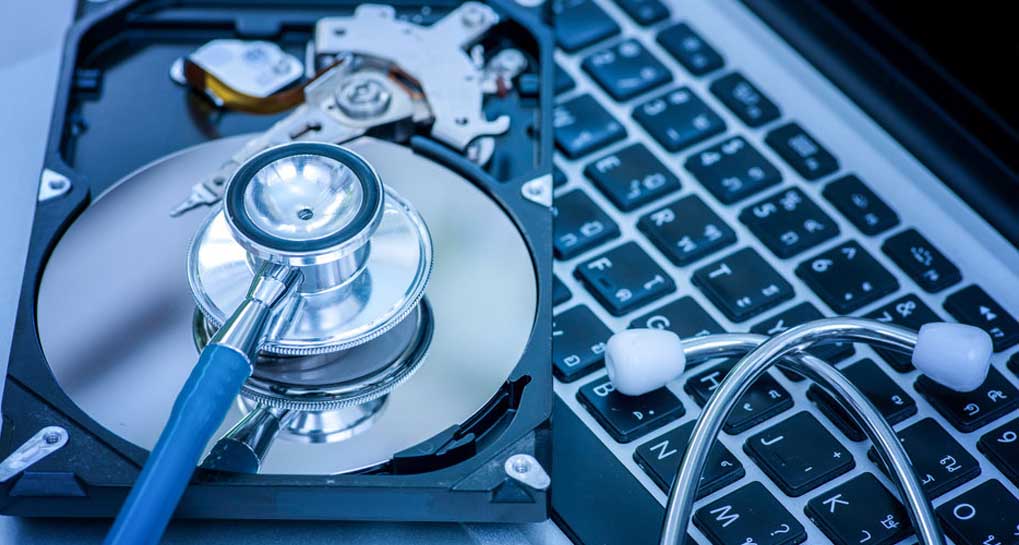
Understanding the Role of Inverters
Inverters play a crucial role in energy systems by converting direct current (DC) into alternating current (AC), making it usable for household appliances and electronic devices. To optimize energy usage and ensure the longevity of your inverter, implementing essential tips is vital.
Inverter Tips: A Comprehensive Resource
For detailed insights and practical advice on enhancing inverter efficiency, explore Inverter Tips. This valuable resource provides tips, troubleshooting guides, and resources to help you make the most of your inverter. Visit 800support.org to access a wealth of information curated for efficient energy management.
Choosing the Right Inverter for Your Needs
Selecting the right inverter is the first step towards efficiency. Consider factors such as the type of appliances you intend to power, your energy consumption patterns, and the size of your system. Matching the inverter to your specific needs ensures optimal performance and energy utilization.
Proper Installation for Maximum Performance
Proper installation is key to the optimal functioning of your inverter. Follow manufacturer guidelines and ensure that it is installed in a well-ventilated area with adequate space for cooling. A well-installed inverter not only operates efficiently but also minimizes the risk of overheating and malfunctions.
Regular Maintenance and Inspections
Regular maintenance is essential to keep your inverter in top condition. Perform routine inspections, checking for loose connections, dust accumulation, and any signs of wear. Cleaning the inverter components and ensuring all parts are in good working order contribute to prolonged operational life.
Inverter Tips: Monitoring and Analytics
Utilize monitoring tools and analytics to keep track of your inverter’s performance. Many inverters come with built-in monitoring features or can be connected to external monitoring systems. Monitoring allows you to identify any deviations from expected performance and address issues promptly.
Efficient Battery Management
If your system includes batteries, proper management is crucial. Ensure that the batteries are compatible with the inverter, and follow recommended charging and discharging cycles. Regularly check the battery voltage and electrolyte levels to prolong battery life and maintain overall system efficiency.
Temperature Control Measures
Inverters are sensitive to temperature variations, and extreme heat or cold can impact their performance. Implement temperature control measures, such as providing adequate ventilation and avoiding direct sunlight exposure. Maintaining a consistent temperature ensures optimal inverter operation.
Inverter Tips: Energy-Saving Practices
Implementing energy-saving practices contributes to overall system efficiency. Consider scheduling energy-intensive tasks during peak sunlight hours in solar setups or during low-demand periods. Energy-saving practices not only optimize inverter usage but also contribute to a greener and more sustainable energy approach.
Addressing Common Inverter Issues
Familiarize yourself with common inverter issues and their troubleshooting methods. From voltage fluctuations to error codes, having a basic understanding of potential problems allows for quick identification and resolution. Consult the manufacturer’s guidelines or seek professional assistance when needed.
Conclusion: Efficient Energy Management with Inverter Tips
Optimizing energy usage and ensuring the longevity of your inverter system involves a combination of careful selection, proper installation, regular maintenance, and energy-efficient practices. By exploring resources like Inverter Tips and staying informed about best practices, you can maximize the efficiency of your inverter, contributing to a more sustainable and cost-effective energy setup.




